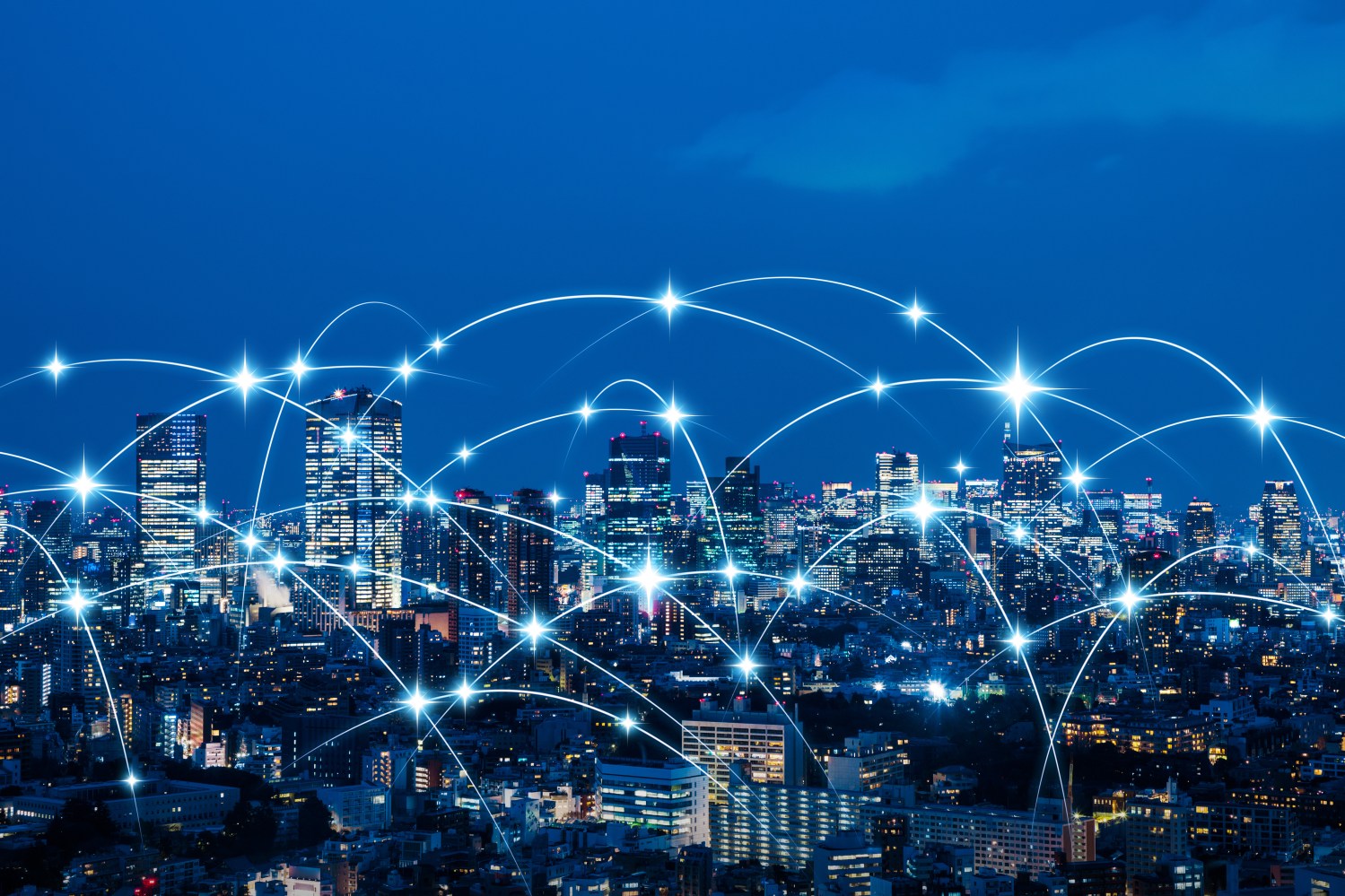Nicol Turner Lee

Chair Latta, Ranking Member Matsui, and distinguished members of the House Energy & Commerce Subcommittee on Communications and Technology, I want to thank you for the invitation to testify on the important issue of how we can leverage artificial intelligence (AI) to enhance communications and infrastructure nationwide. I am Nicol Turner Lee, Senior Fellow in Governance Studies, and Director of the Center for Technology Innovation at the Brookings Institution. With a history of over 100 years, Brookings is committed to evidence-based, nonpartisan research in a range of focus areas. My research expertise encompasses data collection and analysis around regulatory and legislative policies that govern telecommunications and high-tech industries, along with the impacts of digital exclusion, artificial intelligence, and machine-learning algorithms on vulnerable populations. My forthcoming book, Digitally Invisible: How the Internet Is Creating the New Underclass, will be published by Brookings Press next spring, and explores in detail the U.S. digital divide.
Introduction
The state of the communications infrastructure in the United States has been important to the Biden-Harris administration and to this Congress, including the expansion of access to high-speed broadband networks for all. This work is especially urgent after the COVID-19 pandemic demonstrated the importance of being connected to the internet for critical services, including health care, education, employment, remote work, and government services. Given the centrality of the internet to so much of our lives, it is imperative that we enhance our nation’s communications infrastructure, and do so in ways that promote equity and close the digital divide. Having “affordable, reliable, high-speed internet access,” as well as equipment, digital skills, and financial resources, is a gamechanger, and for those without those things, it is an adverse determinant of their economic prosperity and quality of life.1 As of May 2023, 8.3 million homes and businesses lacked access to high-speed broadband.2 Consequently, life becomes more difficult to navigate as former activities that used to be done over analog communications are no longer easily available to everyday people, and the modern gateway to advanced communications systems requires broadband service, an internet-enabled device, and some type of general literacy on available digital resources.
No comments:
Post a Comment